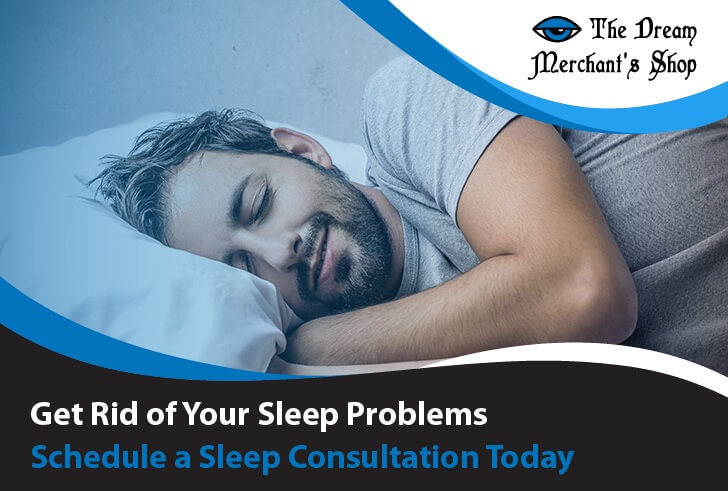Sleep apnea is a one of the most common and potentially dangeorus sleep disorders.
A person who suffers from sleep apnea may stop breathing repeatledly throughout the night, causing an awakening.
When one stops breathing and therefore awakens from sleep multiple times per hour, it can cause a serious sleep disruption, chronic sleepiness throughout the day, irritability, as well as cognitive and mental disorders
And the worst thing is that you might not even know you’re suffering from sleep apnea since you are normally not aware of awakening, unless you have a partner who notices that you snore and wake up throughout the night, choking or gasping for air.
If it therefore highly desireable to prevent onset of this condition if possible by learning about the causes of sleep apnea.
So what causes sleep apnea?
There are 3 types of sleep apnea:
- Central Sleep Apnea (CSA)
- Obstructive Sleep Apnea (OSA) – most common type of sleep apnea.
- Complex Sleep Apnea Syndrome (CompSAS)
CompSAS is a combination of both central sleep apnea and obstructive sleep apnea.
What Causes Central Sleep Apnea?
In CSA the brain is not properly sending signals to the muscles that control breathing.
Some of the causes/risk factors for CSA are:
- Brain infection or tumor
- Spine/brain stem condition
- Stroke
- Heart failure
- Taking certain types of medication, such as narcotic pain medications and opioids (especially long-acting ones such as methadone) or benzodiazepines
- Older age
- Male gender
What Causes Obstructive Sleep Apnea?
In OSA there is an obstruction which prevents breathing. For example, the muscles in the back of the throat can relax too much, narrowing or closing the airway and prevening normal breathing.
Some of the causes/risk factors for OSA are:
- Excess weight, obesity and medical conditions that are associated with obesity, such as hypothyroidism, polycystic ovary syndrome, and obesity hypoventilation syndrome
- Endocrine conditions, such as hypothyroidism, acromegaly, and polycystic ovary syndrome
- Chronic lung disease, such as asthma, chronic obstructive pulmonary disease (COPD), and pulmonary fibrosis
- Parkinson’s disease
- Heart or kidney failure
- Pregnancy
- Older age
- High blood pressure (hypertension)
- Chronic nasal congestion/Allergy
- Smoking
- Diabetes
- Male gender
- Menopause
- A family history of sleep apnea
- Asthma
- Innate narrow airway and physical features that narrow your upper airway, such as enlarged tonsils or adenoids, a collar size of 16 inches or more, a large tongue or a tongue that sits farther back in the mouth, jaw misalignment (e.g. retrognathia, a condition in which the lower jaw is shorter than the upper jaw), a narrow palate shaped a certain way and collapses more easily, or an airway that collapses more easily.
- Drinking alcohol
How to Prevent/Cure Sleep Apnea?
- Live a healthy lifestyle, which includes eating healthfully, exercising regularly, and maintaining a healthy weight.
- If you’re obese, do whatever you can to lose weight.
- Avoid taking medications when possible, especially sedatives and pain killers.
- Avoid sleeping on your back.
- Do not smoke or drink alcohol.
- If you suffer from asthma, allergies, or nasal congesion, make sure to not leave them untreated.
For more suggestions or assistance, feel free to contact us. We offer free sleep consultations.


